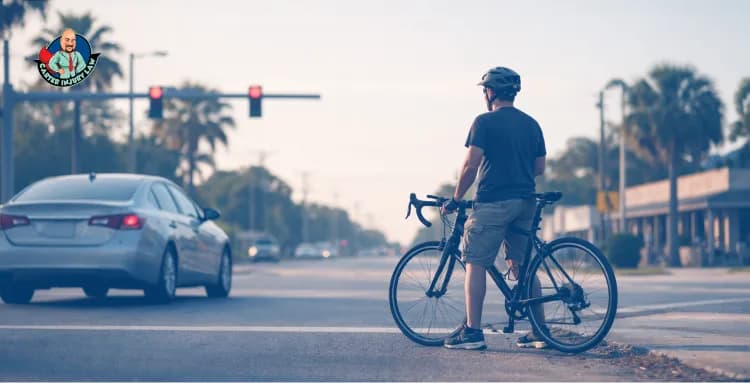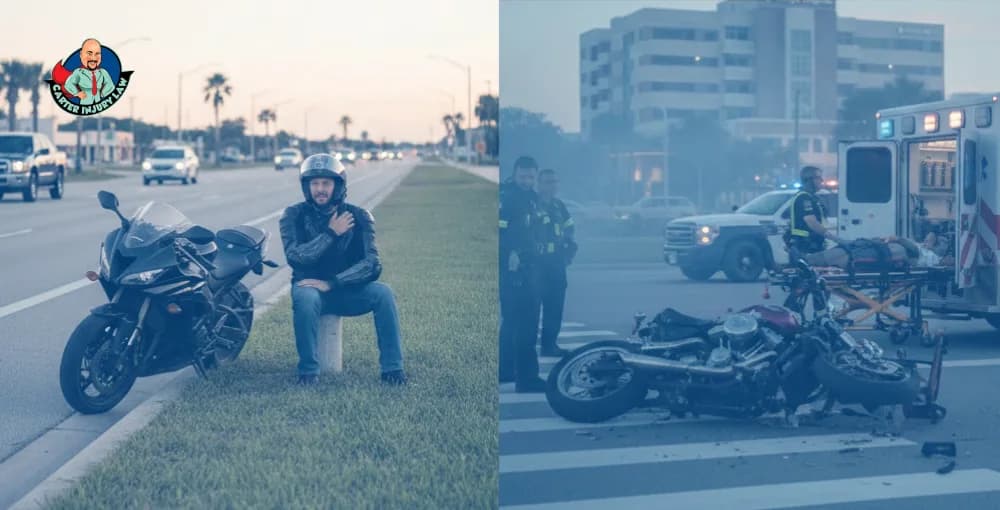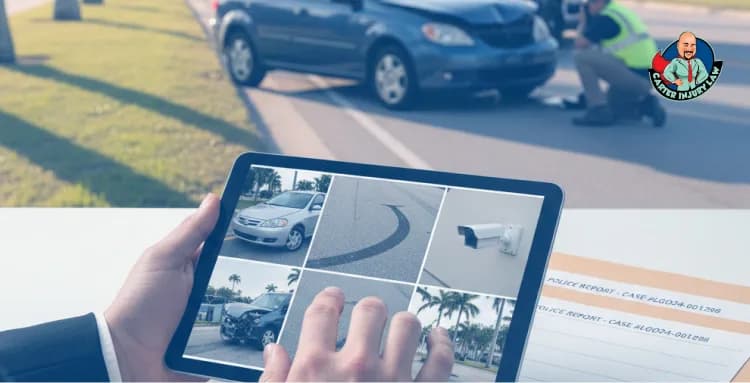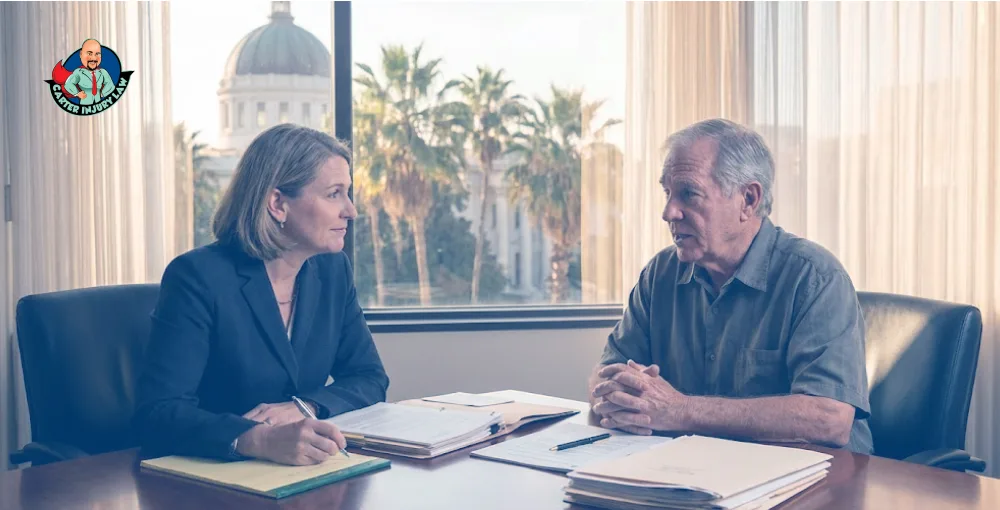They say a number is just a number. But sometimes, it feels like someone took your pain, ran it through a calculator, and handed you back a dollar amount that barely scratches the surface.
You open the envelope. Or maybe the settlement came by email. The offer looks official, like the kind of thing you should accept and be grateful for. After all, the bills are piling up.
It’s tempting, isn’t it? The idea that this whole mess could just… be over. One signature and you move on.
However, accepting too soon might not just shortchange your claim. It could cost you the rest of your recovery. Because in Florida, rejecting a settlement doesn’t close the door. It might just open the right one.
1) Why So Many Claims End in Low Offers
Florida is a no-fault insurance state, which means after most car accidents, your own insurance company pays for your initial medical bills and lost wages, regardless of who caused the crash. This is done through Personal Injury Protection (PIP) coverage.
Sounds fair in theory, right? But there is a catch, PIP only pays up to $10,000, 80% of medical bills, and 60% of lost wages. In a serious crash, that barely scratches the surface. And unless your injuries qualify as “serious” under Florida law, you may not be able to pursue additional compensation from the at-fault driver at all.
That’s where many claims hit a wall. People assume that what they receive is all they’re entitled to—when in reality, they might have the right to file a personal injury lawsuit for damages well beyond the PIP cap. But without legal guidance, those rights often go unused.
The result? A flood of quick, lowball settlement offers and far too many people walking away with less than they need to heal.
2) Rejecting the Offer: What It Really Means
Saying "no" to an insurance settlement doesn’t make you difficult. It makes you deliberate. You’re not closing the door; you’re simply keeping it from being slammed shut on what you rightfully deserve.
Rejecting an offer is part of the legal process. It means you're standing up for a full and fair outcome. The insurance company has their bottom line in mind. You should have yours, too.
So how do you do it the right way?
Put it in writing. The rejection should be formal, respectful, and preferably sent by your attorney. It should include specific reasons why the offer falls short. That might be unaccounted-for medical costs, ongoing treatment needs, lost income, or long-term impacts on your life and ability to work.
Include documentation. Don’t just say it’s not enough—show why. That means attaching medical records, wage loss statements, doctor assessments, and any projected costs for future care.
Stay professional. You’re not cutting ties with the insurance company; you’re laying out a counterpoint backed by evidence. It keeps negotiations open and solidifies your position if the case goes further.
Rejecting an offer is about buying yourself time to get it right. Because once you accept and sign, there’s no turning back.
3) Florida Laws to Know Before You Say ‘No’
Before you turn down that settlement offer or accept it, it’s worth knowing what the law says about your window of opportunity and how fault is handled in Florida.
As of 2023, Florida’s statute of limitations for negligence-based personal injury claims is 2 years.
That’s down from 4 years in the past. So, if you’re thinking about rejecting a lowball offer and possibly filing a lawsuit later, the clock is already ticking. 2 years might sound like plenty of time, but between medical treatment, paperwork, negotiations, and insurance delays, it can slip by faster than you think.
Florida also uses a modified comparative negligence system. What does that mean? If you’re found partially at fault for the accident—say, 20%—your compensation is reduced by that percentage. So a $100,000 settlement becomes $80,000.
However, if you’re found more than 50% at fault, you get nothing.
And once you accept a settlement and sign the release, your case is closed permanently. No appeals. No renegotiation. Even if you discover you’ll need surgery six months from now or your condition worsens, the deal is done.
That’s why Florida law gives you the right to reject, reassess, and renegotiate but only within the rules and only within the time frame.
4) What Happens After You Reject it & How Carter Injury Law Changes The Game
When you're dealing with an insurance company, you’re not just up against a claims adjuster. You’re facing a corporation with lawyers, algorithms, and decades of experience aimed at paying out as little as possible.
Most people only look at the bills they have in front of them, like an ER visit or maybe a few weeks off work. But our team looks deeper. We account for future surgeries, long-term care, permanent limitations, lost earning potential, and pain that doesn’t show up in a receipt.
We know how the game works. Insurance companies expect resistance and when Carter Injury Law is involved, they know it’s more than just pushback. It’s a problem they have to take seriously. Here’s how we take it from there:
Step 1: We Send a Counteroffer That Commands Respect
We don’t just ask for more—we build a demand package backed by real numbers. Medical bills, long-term care projections, lost earnings, pain and suffering—we lay it all out. And we do it in a way that makes it crystal clear: this case has value.
Step 2: We Negotiate Relentlessly
The insurance company might drag its feet, request more records, or toss out slightly better offers. That’s where our experience comes in. We don’t settle for small wins—we press forward with a strategy built to get you the best result, not the fastest one.
Step 3: We Can Recommend Mediation if It Moves the Needle
If talks stall, we might suggest mediation. It’s a more informal setting, guided by a neutral third party. And when we walk into that room, we come prepared—with evidence, leverage, and a clear ask.
Step 4: We’ll File the Lawsuit If That’s What It Takes
When negotiations hit a wall, we don’t hesitate. Filing a personal injury lawsuit often gets the insurer’s attention in ways negotiation letters never will. And no, we don’t bluff. We prepare like we’re going to trial, because that’s how serious cases are won.
Roughly 95% of personal injury cases settle before they ever reach a courtroom.
There are moments in life when the hardest thing to do is to wait. To pause. To say, “Not yet.” Rejecting a settlement offer can feel like stepping into the unknown, but sometimes, it’s the only way to avoid trading your future for a quick, quiet exit.
So, before you say yes, say hello. Get a free consultation. You only pay us if we win your case. And we’ll tell you what your case is really worth and fight to get it.












